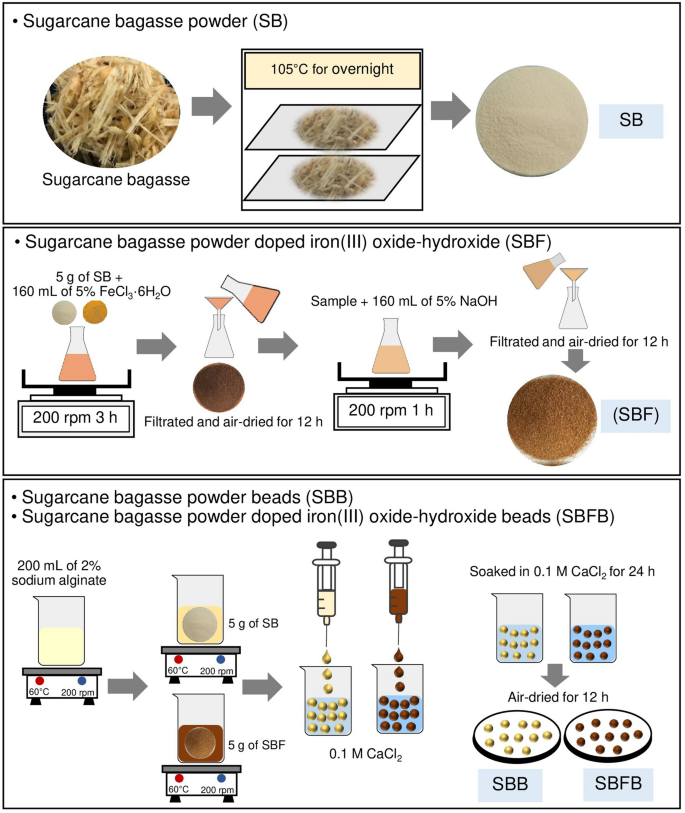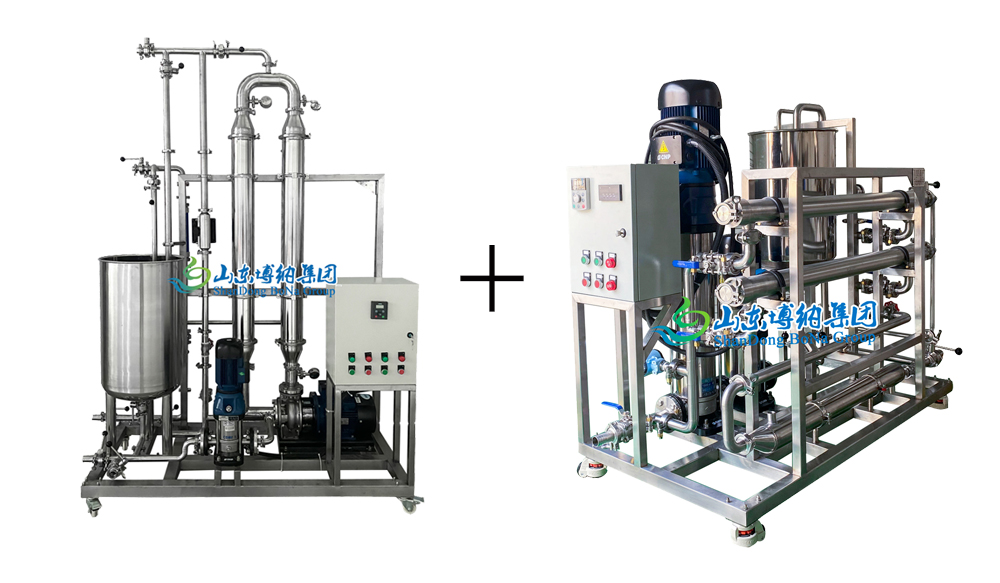Discover the Ingenious Benefits of Products From Sugarcane for Sustainable Living
Sugarcane has arised as a crucial source in the quest for sustainable living. Its diverse applications span biodegradable product packaging, renewable resource, and much healthier food alternatives. As markets look for environmentally friendly options, sugarcane's flexibility uses encouraging options. The real possibility of sugarcane expands beyond its current usages. Discovering its ingenious benefits can disclose brand-new paths toward a much more lasting future. What various other opportunities might this impressive plant hold?

The Increase of Sugarcane as a Sustainable Source
As international understanding of environmental issues grows, sugarcane has actually arised as a prominent lasting source. This versatile plant offers a variety of benefits that contribute to eco-friendly techniques. Sugarcane is a renewable energy, with the ability of flourishing in varied environments while absorbing co2, thus mitigating greenhouse gas discharges. Its rapid growth cycle permits frequent harvesting, causing a constant supply of raw material.Additionally, sugarcane cultivation commonly calls for less water contrasted to various other plants, making it an efficient option in water-scarce areas. The by-products of sugarcane, such as bagasse and molasses, can be repurposed for different applications, reducing waste and advertising round economy principles. Developments in farming practices have actually led to more sustainable farming techniques, further enhancing sugarcane's environmental profile. As consumers progressively seek lasting alternatives, sugarcane stands apart as a sensible choice for those dedicated to lowering their eco-friendly footprint.
Naturally Degradable Product Packaging Solutions
Exactly how can naturally degradable packaging solutions transform the means customers approach sustainability? By utilizing sugarcane-based materials, these innovative remedies supply an engaging option to conventional plastics. Biodegradable packaging made from sugarcane decomposes naturally, markedly lowering land fill waste and greenhouse gas exhausts. As consumers become significantly familiar with their environmental impact, the need for lasting packaging proceeds to rise.These sugarcane-derived items not just offer sensible objectives but additionally line up with eco-conscious customer worths. They supply a concrete way for people and businesses to add to a round economic climate, promoting source effectiveness and reducing environmental footprints. In addition, as sectors embrace biodegradable options, they promote a culture of sustainability that reverberates with an expanding demographic seeking liable choices.In significance, naturally degradable packaging remedies from sugarcane stand for a vital step forward in sustainable methods, equipping customers to make environmentally pleasant decisions without giving up convenience or quality.
Renewable Resource Generation From Sugarcane
A significant part of renewable resource generation can be stemmed from sugarcane, showcasing its adaptability past typical agricultural usages. Sugarcane biomass, consisting of bagasse and leaves, is a powerful resource for bioenergy production. This biomass can be exchanged biofuels such as ethanol, which acts as a cleaner alternative to fossil gas. Additionally, the combustion of sugarcane results creates heavy steam and power, providing an energy source for sugar mills and close-by communities.The growing of sugarcane additionally adds to carbon sequestration, as the plants take in carbon dioxide during their development cycle. By utilizing sugarcane for energy, waste is lessened, and lasting methods are motivated. This eco-friendly power strategy not just sustains power demands but also advertises country advancement, producing jobs in bioenergy industries. In general, sugarcane stands apart as a principal in the change to sustainable energy services, lining up with worldwide efforts to lower carbon impacts.

Eco-Friendly Textiles and Fabrics
Eco-friendly fabrics and textiles stemmed from sugarcane offer a promising alternative to conventional products. These naturally degradable options not just reduce ecological influence however likewise use resilience and efficiency similar to standard textiles. Lasting production processes further boost their appeal, making them an integral component of a sustainable lifestyle.
Eco-friendly Fabric Choices
Why is the change towards biodegradable material alternatives vital for sustainable living? The raising awareness of ecological destruction has triggered a look for choices to conventional textiles, which frequently add to contamination and waste. Naturally degradable textiles, stemmed from sustainable sources such as sugarcane, provide an encouraging service. These products decay normally, reducing garbage dump buildup and reducing ecological impact. Furthermore, they can aid reduced carbon footprints and reliance on nonrenewable fuel sources. As consumers end up being more eco-conscious, the need for lasting fabrics grows, encouraging makers to innovate and invest in eco-friendly alternatives. This change not only supports lasting methods yet additionally cultivates a round economy, leading the way for a more responsible technique to fashion and textile manufacturing.
Durability and Performance
When evaluating green textiles and textiles, resilience and efficiency are vital elements. Sugarcane-derived products demonstrate excellent stamina and strength, making them ideal for different applications. These fabrics commonly display exceptional moisture-wicking buildings, which enhance convenience in daily wear. Furthermore, their all-natural fibers add to breathability, making certain that garments continue to be wearable and fresh even in demanding conditions. The efficiency of sugarcane-based fabrics includes their resistance to deterioration, allowing items to keep their honesty with time. Additionally, these environment-friendly textiles can be dealt with to improve UV protection and stain resistance, meeting the useful needs of consumers without endangering sustainability. Inevitably, sugarcane textiles offer an unified balance of resilience and performance, appealing to environmentally mindful individuals.
Lasting Manufacturing Processes
The excellent resilience and performance of sugarcane-derived textiles are matched by sustainable manufacturing processes that prioritize environmental obligation. These procedures use renewable energies, minimizing reliance on fossil fuels and decreasing carbon footprints. By using the byproducts of sugarcane cultivation, manufacturers can create environmentally friendly fabrics while promoting waste decrease. Advanced strategies, get more such as water-efficient dyeing and eco-friendly therapies, further enhance the sustainability of these fabrics. Furthermore, the use of non-toxic chemicals warranties that the manufacturing process does not harm communities or human health. This commitment to sustainability not just allures to use this link eco conscious customers yet likewise supports regional economies by promoting sustainable agricultural methods. Overall, sugarcane-derived fabrics represent a significant step towards a greener future in the garment industry.
Sugarcane-Based Biofuels and Their Influence

Sugarcane-based biofuels have arised as a considerable different energy source, using a sustainable option to the globe's expanding energy demands. These biofuels, stemmed from the fermentation of sugarcane juice or molasses, provide a more lasting choice contrasted to nonrenewable fuel sources. Their manufacturing process generates reduced greenhouse gas emissions, adding to environment change mitigation efforts.Additionally, sugarcane biofuels can enhance power safety by expanding energy sources and minimizing reliance on imported oil. The farming of sugarcane likewise advertises rural development, producing work and stimulating neighborhood economies.However, concerns pertaining to land usage and food competition continue, as raised biofuel production might impact food supply chains. Lasting farming methods are vital to stabilizing these making certain and contending rate of interests that biofuel manufacturing does not weaken food security. On the whole, sugarcane-based biofuels stand for an encouraging opportunity for a greener energy future, provided that their ecological and social effects are thoroughly handled.
Much Healthier Alternatives: Sugarcane in Food Products
While several consumers seek much healthier options in their diet regimens, sugarcane items use a nourishing choice to refined sugars and sweetening agents. Originated from the natural extraction of sugarcane juice, these products preserve necessary nutrients, including minerals and vitamins, that are usually shed in processed sugars. Sugarcane contains antioxidants and nutritional fiber, adding to overall health and wellness and wellness.Many health-conscious individuals are turning to sugarcane syrup and jaggery, which provide a lower glycemic index contrasted to standard sugars, making them appropriate for those handling blood glucose levels. Additionally, sugarcane-derived sweeteners can boost the taste of different meals without the adverse effects related to artificial additives.This change in the direction of natural artificial sweetener not just promotes better nutritional choices yet additionally straightens with sustainable living techniques, as sugarcane is an eco-friendly source. Sugarcane products are arising as desirable choices in the domain name of food items.
The Future of Sugarcane in Sustainable Developments
The future of sugarcane is poised to include innovative applications that extend beyond conventional uses. Its possible as a source for biodegradable product packaging remedies and sustainable energy resources highlights its role in lasting methods. Checking out these advancements might considerably affect environmental preservation and source administration.
Biodegradable Packaging Solutions
An increasing variety of companies are transforming to biodegradable product packaging services obtained from sugarcane as a promising option to typical plastics. These innovative products, frequently made from sugarcane fibers and bioplastics, decay naturally, lowering the resilient environmental influence related to conventional plastic waste. By making use of sustainable sources, sugarcane-based packaging adds to a much more lasting production cycle, aligning with worldwide initiatives to fight pollution and climate modification. In addition, these solutions usually preserve the durability and capability needed for different applications, from food containers to delivery products. As consumer need for green choices expands, services adopting sugarcane packaging not only improve their brand picture but also play a crucial duty in fostering a circular economic climate, click over here leading the way for a greener future.
Renewable Energy Sources
Naturally degradable packaging services are simply one facet of the more comprehensive possibility of sugarcane in advertising sustainability. One more considerable application lies in renewable power resources. Sugarcane is a flexible crop that can be used to produce biofuels, such as ethanol, which acts as a cleaner choice to fossil gas. The fermentation procedure of sugarcane juice yields ethanol that can power vehicles and generate electrical power. Additionally, the results of sugarcane handling, like bagasse, can be utilized to generate biomass power, using a effective and lasting approach to harness energy. This dual duty as both a resource of biofuel and biomass emphasizes sugarcane's capacity in decreasing carbon emissions and sustaining a shift to a more sustainable power landscape in the future.
Frequently Asked Concerns
How Is Sugarcane Collected Sustainably?
Sugarcane harvesting can be sustainable with techniques like hands-on cutting, which minimizes dirt interruption, and utilizing machinery that decreases fuel consumption (Products From Sugarcane). Crop turning and incorporated parasite administration even more boost ecological health and wellness and promote lasting soil fertility
What Are the Environmental Influences of Sugarcane Farming?

Can Sugarcane Products Be Recycled?
The concern of whether sugarcane items can be recycled exposes a favorable expectation. Several sugarcane-derived materials, such as bioplastics and packaging, are created for recyclability, contributing to an extra lasting waste administration strategy within environmental factors to consider.
Exist Any Kind Of Drawbacks to Utilizing Sugarcane-Based Products?
The disadvantages of utilizing sugarcane-based items consist of possible land use competition with food crops, difficulties in massive manufacturing, and worries regarding the ecological influence of monoculture farming practices, which can decrease biodiversity and soil wellness.
Just How Does Sugarcane Cultivation Affect Resident Communities?
Sugarcane growing influences regional neighborhoods by providing employment possibilities and improving neighborhood economies. It can additionally lead to land conflicts and ecological worries, impacting farming methods and community wellness, necessitating a balanced strategy to advancement. Developments in agricultural practices have led to more sustainable farming techniques, further improving sugarcane's ecological account. In addition, the combustion of sugarcane results produces vapor and power, supplying a power source for sugar mills and nearby communities.The growing of sugarcane likewise contributes to carbon sequestration, as the plants take in carbon dioxide during their growth cycle. By utilizing sugarcane for power, waste is minimized, and sustainable techniques are motivated - Products From Sugarcane. Sugarcane contains anti-oxidants and dietary fiber, contributing to total health and wellness.Many health-conscious people are turning to sugarcane syrup and jaggery, which supply a reduced glycemic index compared to traditional sugars, making them ideal for those managing blood sugar degrees. Furthermore, the results of sugarcane processing, like bagasse, can be utilized to generate biomass energy, offering a effective and sustainable method to harness power